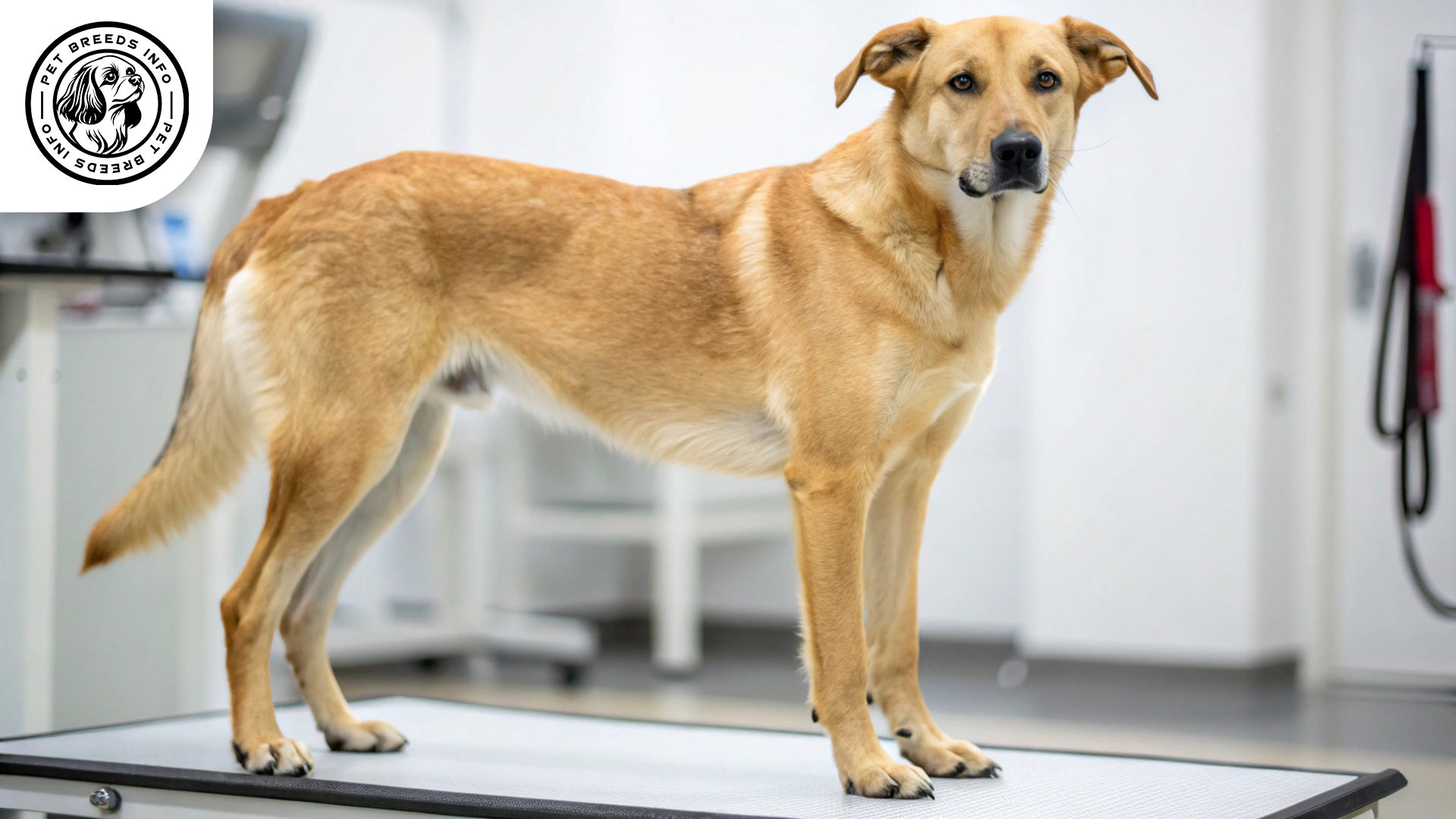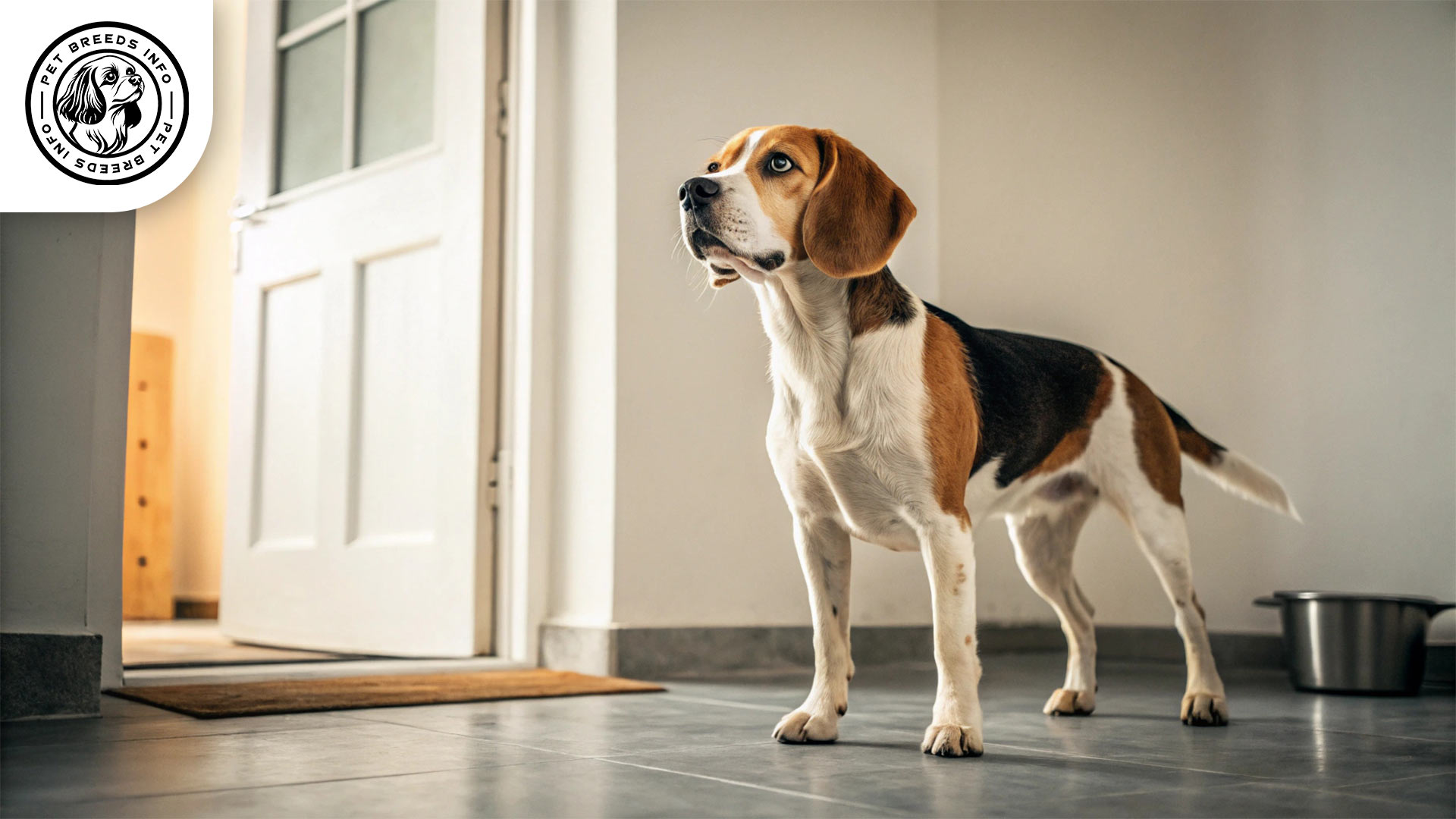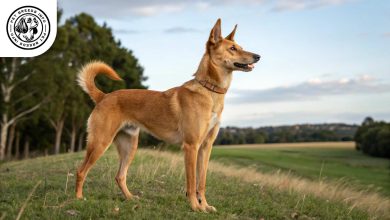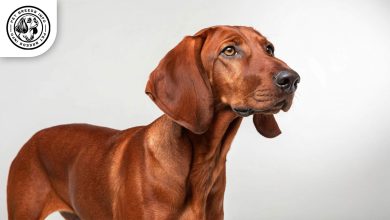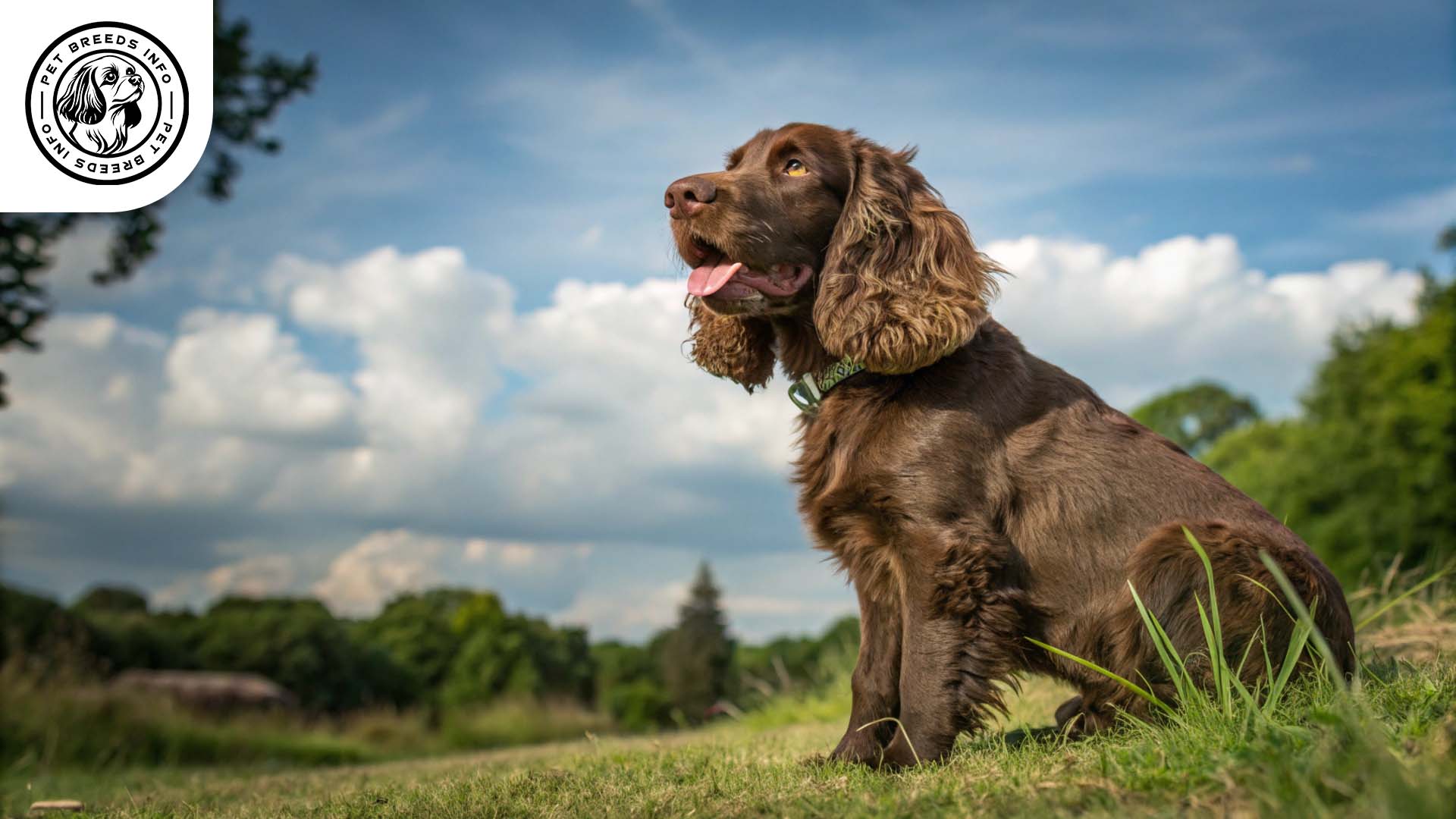Chinook Dog Breed: Size, Health, Price & Personality
General Introduction of the Breed
The Chinook is a rare and versatile working dog breed that originated in the United States. It was developed in the early 20th century in New Hampshire by Arthur Treadwell Walden, who aimed to create a strong, affectionate, and dependable sled dog. The breed was named after Walden’s lead dog, Chinook, and has since become known for its friendly nature and endurance.
Table of Contents
| Weight | Male: 55-90 lbs (25-41 kg), Female: 50-75 lbs (23-34 kg) |
| Lifespan | 12-15 years |
| Diet | High-quality dry kibble, wet food, or raw diet. Avoid chocolate, onions, grapes, and overly processed human foods. |
| Care | Daily exercise, weekly brushing, monthly nail trimming, weekly ear cleaning, regular teeth brushing. |
| Health | Prone to hip dysplasia, cataracts, and skin allergies. Regular vet checkups and vaccinations are important. |
| Color | Tawny to reddish-gold |
| Nature | Intelligent, eager to learn, loyal, friendly, social, playful, gentle. |
| Price | $1,200 – $2,500 (may vary based on breeder and lineage) |
Physical Characteristics
Male Chinooks typically stand between 22 to 26 inches tall and weigh between 55 to 90 pounds, while females range from 21 to 25 inches in height and weigh between 50 to 75 pounds. Their coat is medium-length, dense, and double-layered, providing protection against cold weather. The breed’s coat color usually ranges from tawny to reddish-gold. They have almond-shaped eyes that are brown, and their ears can be either floppy or erect. Their distinctive features include a well-proportioned body, a bushy tail, and a slightly broad skull.
Read More: Carolina Dog
Personality and Temperament
The Chinook is known for its intelligence and eagerness to learn, making training relatively easy. They have a moderate to high energy level, requiring regular physical activity. This breed is deeply loyal and forms strong bonds with its owners. Chinooks are friendly and social, getting along well with children, strangers, and other pets. They have a playful yet gentle disposition and adapt well to different family dynamics. Their sensitivity to environmental changes may result in cautiousness when introduced to new surroundings.
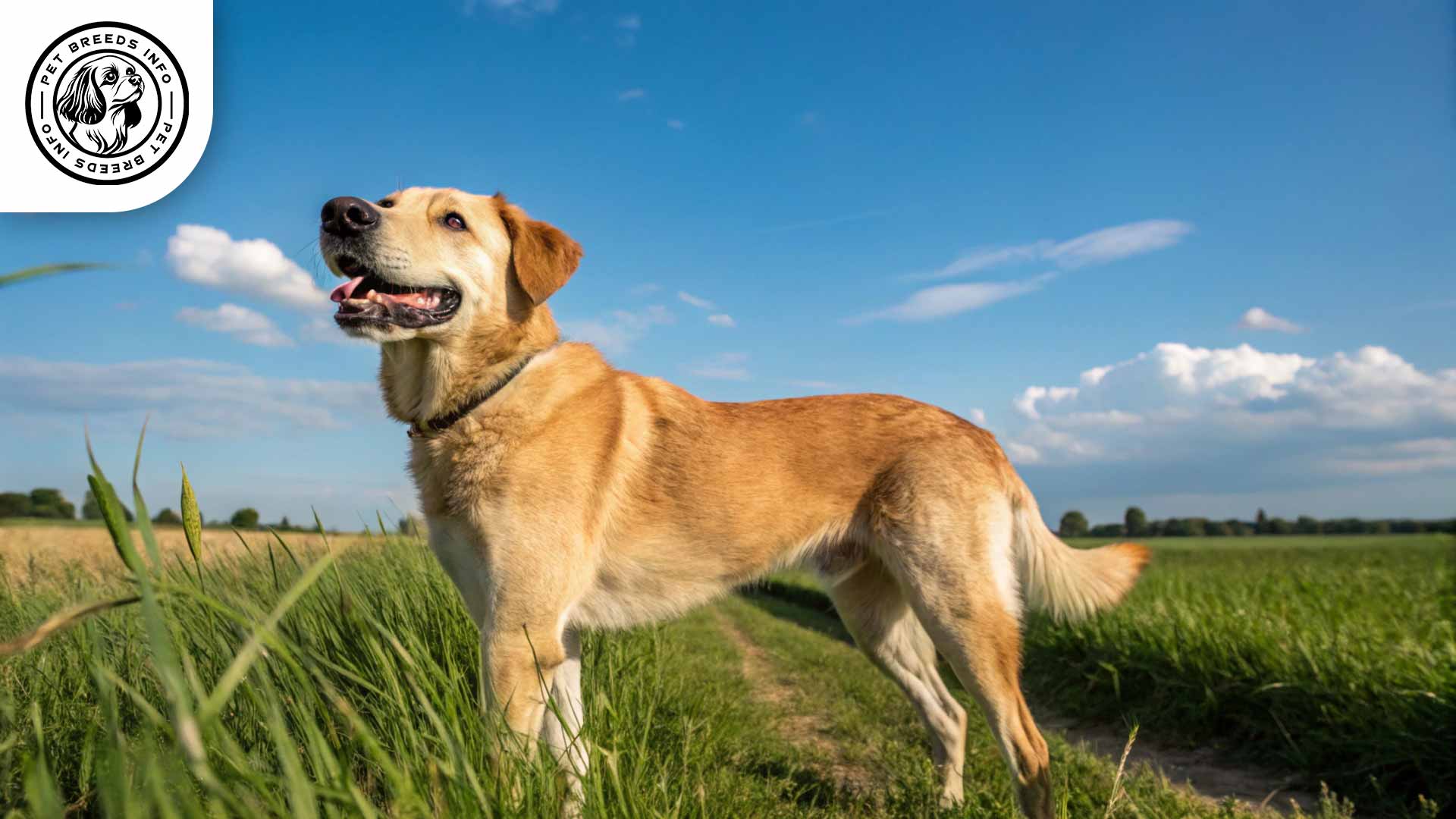
Care and Maintenance Requirements
Chinooks need daily exercise, such as walks, jogging, or play sessions, to keep them mentally and physically stimulated. They do best in homes with access to a yard but can adapt to apartment living if sufficiently exercised. Their double coat sheds moderately, requiring weekly brushing to remove loose hair and prevent tangles. They are relatively tolerant of cold weather but may struggle in extreme heat. Regular grooming includes bathing as needed, trimming nails monthly, cleaning ears weekly, and brushing teeth several times a week to maintain oral health.
Diet and Nutrition
A high-quality diet, whether dry kibble, wet food, or a raw diet, is recommended for Chinooks. They require a balanced meal rich in proteins, healthy fats, and essential nutrients. Owners should avoid feeding them chocolate, onions, grapes, and overly processed human foods. Portion sizes depend on the dog’s age, size, and activity level, with most adult Chinooks needing two meals per day.
Read More: Carpathian Shepherd Dog
Health and Common Medical Issues
Chinooks are generally healthy but may be prone to certain conditions such as hip dysplasia, cataracts, and skin allergies. Their average lifespan is between 12 to 15 years. Regular veterinary checkups, vaccinations, parasite prevention, and a well-balanced diet contribute to their overall well-being. Owners should remain vigilant for signs of joint issues or eye problems as the dog ages.
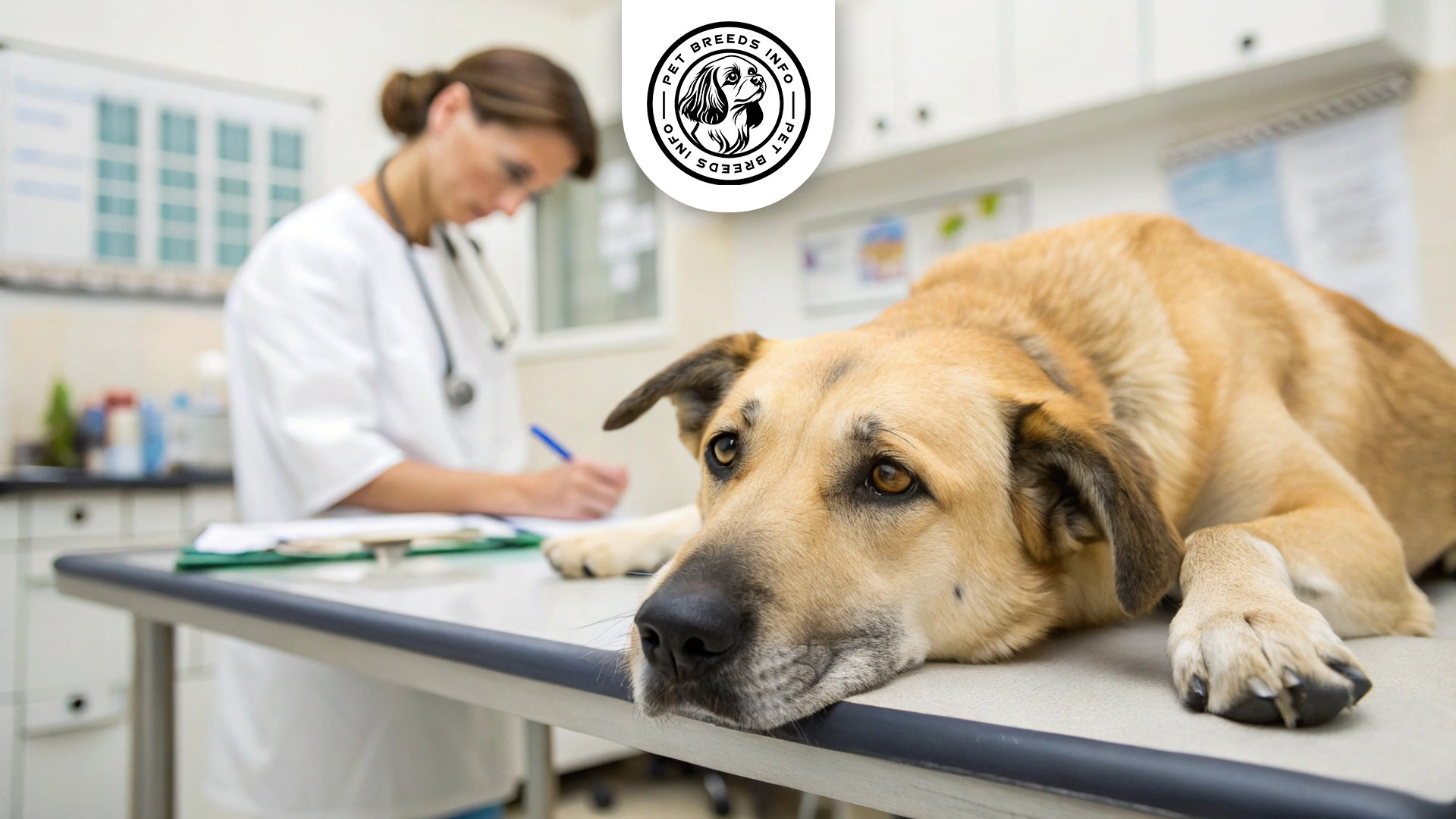
Training and Behavior Management
Chinooks are highly trainable due to their intelligence and eagerness to please. They respond well to positive reinforcement methods, including praise and treats. Early training and socialization are crucial for developing a well-mannered dog. Consistency and patience are key, as they may become independent if not properly guided. Training should include basic commands, leash training, and social exposure to different environments, people, and animals.
Interaction with Other Animals and Humans
Chinooks generally get along well with children due to their gentle and friendly nature. They also coexist peacefully with other dogs and pets if properly socialized from an early age. This breed is well-suited for both families and individuals, though they prefer companionship and do not thrive when left alone for long periods. They are affectionate and enjoy being involved in family activities.
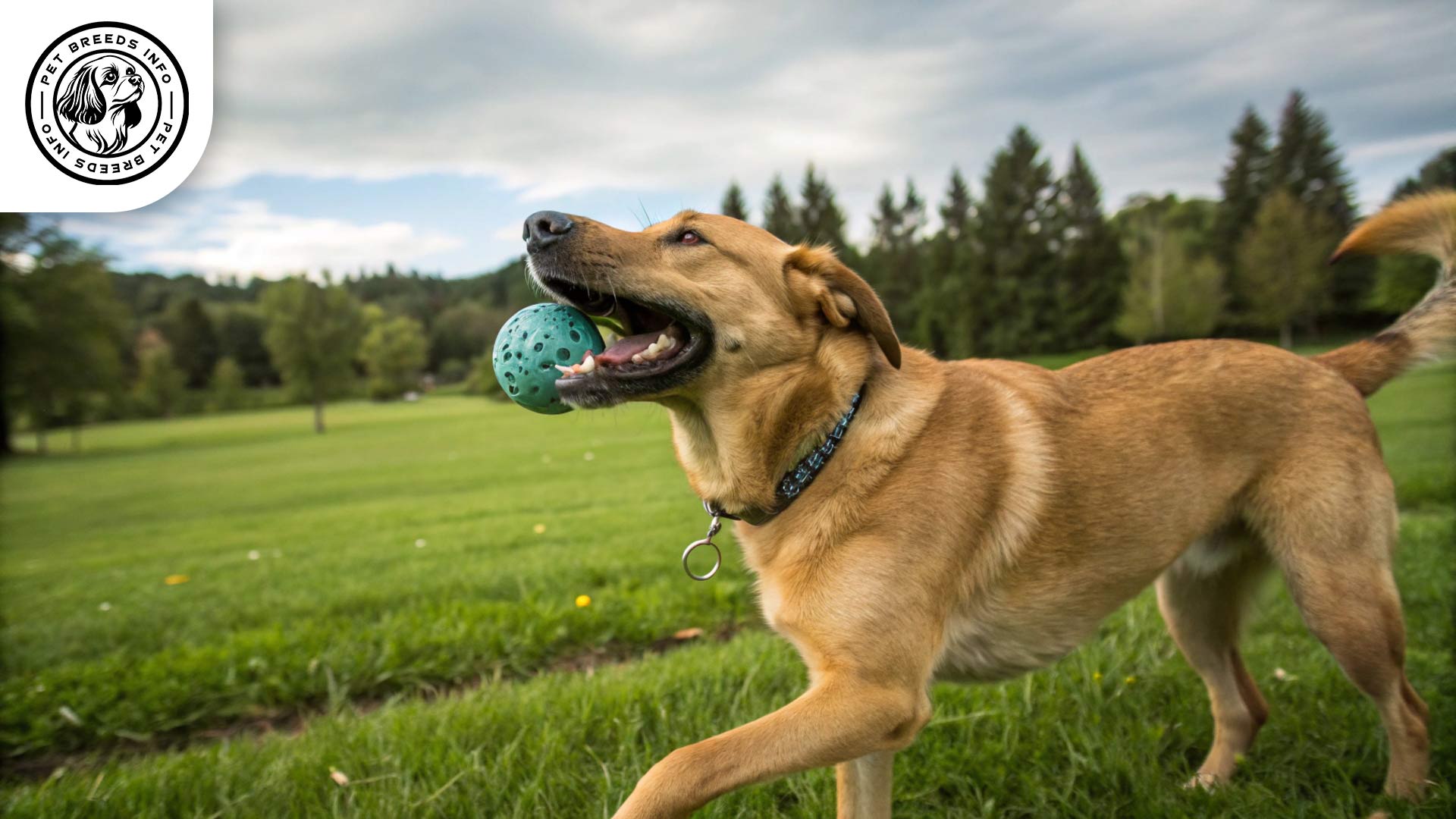
Price and Availability
The cost of purchasing a Chinook puppy typically ranges from $1,200 to $2,500, depending on the breeder and lineage. Since the breed is rare, potential owners may experience longer waiting times when purchasing from reputable breeders. Adoption from shelters or Chinook-specific rescues is a great option for those looking to provide a home to a dog in need. Prospective buyers should ensure they are working with ethical breeders who conduct health screenings and prioritize the well-being of the dogs.
Read More: Boerboel Dog
Conclusion and Final Thoughts
The Chinook is an excellent companion for active families and individuals looking for a loyal, intelligent, and affectionate dog. This breed thrives in environments that allow for regular exercise, companionship, and mental stimulation. Potential owners should consider their time commitment, space availability, and dedication to training before choosing a Chinook. With proper care and attention, this breed makes a loving and devoted family pet.
FAQ
What is the average lifespan of a Chinook?
The average lifespan of a Chinook is between 12 to 15 years.
What is the typical coat color of a Chinook?
Their coat color usually ranges from tawny to reddish-gold.
Are Chinooks good with children?
Yes, Chinooks generally get along well with children due to their gentle and friendly nature.
How much does a Chinook puppy typically cost?
The cost of purchasing a Chinook puppy typically ranges from $1,200 to $2,500.
What are some common health issues for Chinooks?
Chinooks are generally healthy but may be prone to certain conditions such as hip dysplasia, cataracts, and skin allergies.
